|
Intractable headaches are defined as persistent headache that is difficult to treat or fails to respond to standard and/or aggressive treatment modalities.
0 Comments
COVID 19 and increased physical disability progression in MS: A Report from the Front Lines.10/25/2023 Multiple sclerosis (MS) is an autoimmune inflammatory illness that affects the central nervous system (CNS) when the body's immune system attacks and destroys myelin, the fatty substance that coats and protects nerve fibers in the brain and spinal cord. It is characterized by demyelination and varying degrees of axonal loss, which is an important component of the pathology of MS.
Multiple studies have now reported new onset or worsening multiple sclerosis (MS) in some patients after receiving one of the COVID vaccinations. This most recent paper discussing a patient who developed MS after a COVID vaccine also shares an in-depth review of other reported cases.
As I have noted in my ongoing long COVID series, the impacts to the brain post infection and post-vaccine injury can have long lingering neurological consequences. The symptoms may vary from mild to significant, regardless of the severity of the original illness. And while each patient may have different needs unique to their individual symptoms, the scientific community and clinicians are continuing to identify ways to address and treat these impacts.
With long COVID linked to an increased risk of Alzheimer’s, gaining better understanding of the mechanisms is critical for better patient care.
|
AuthorSuzanne Gazda M.D. Neurologist Archives
January 2024
Categories |

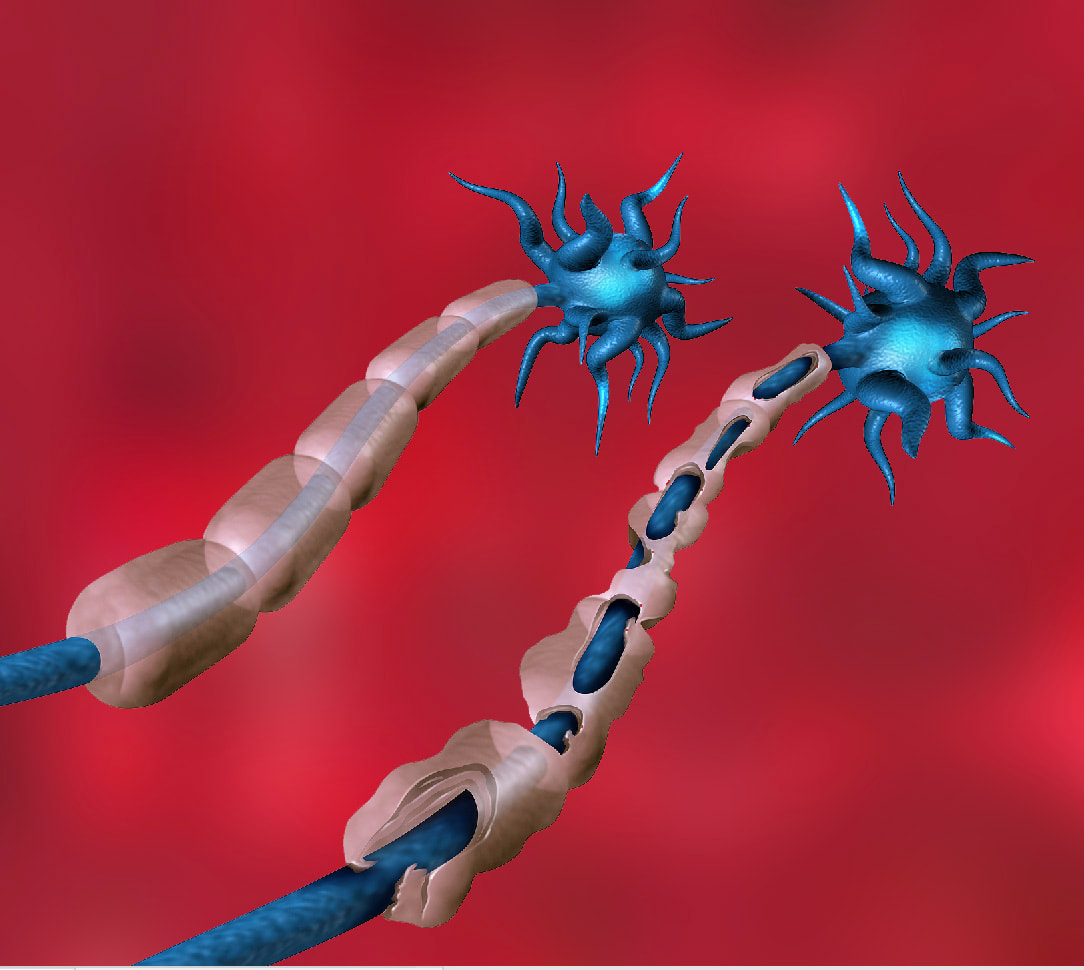
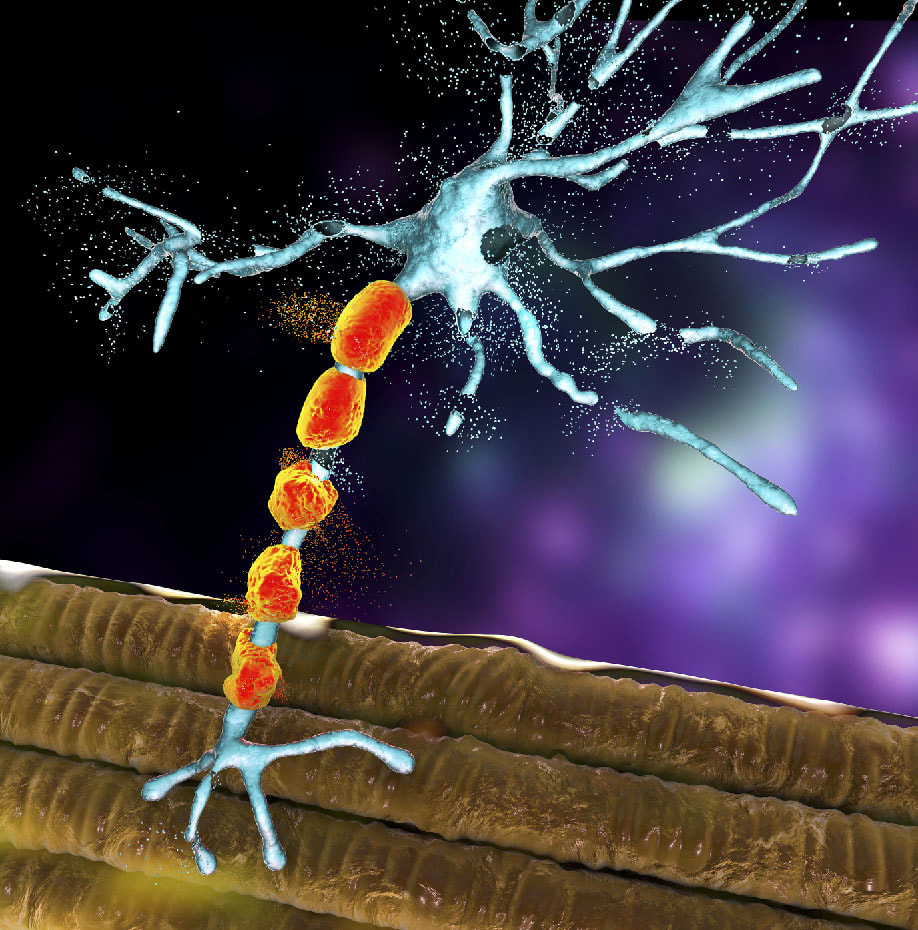

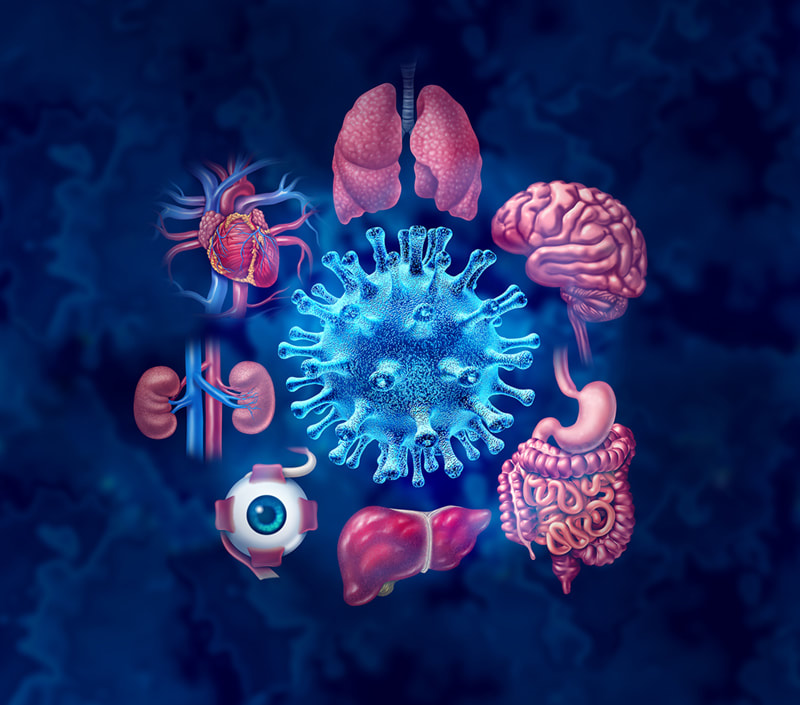


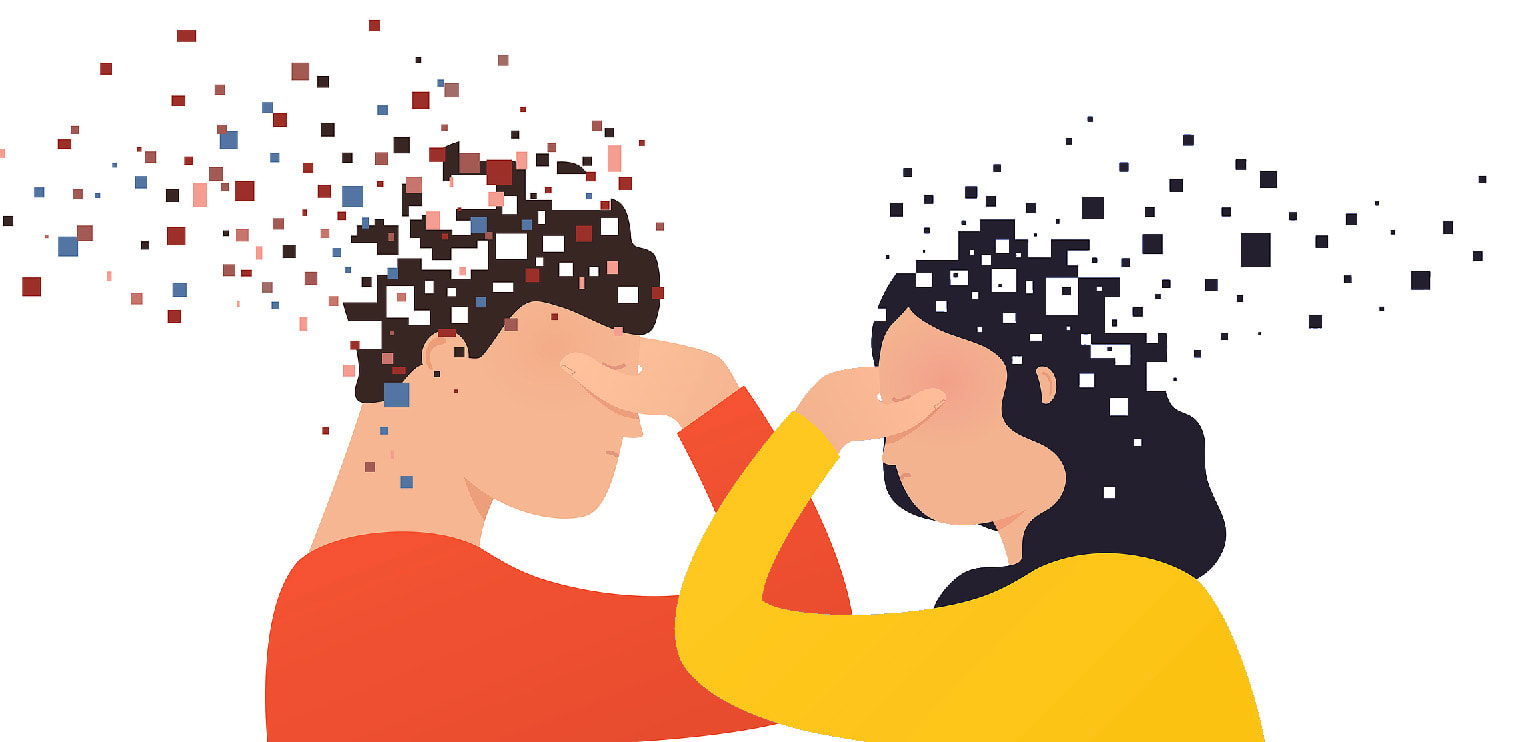
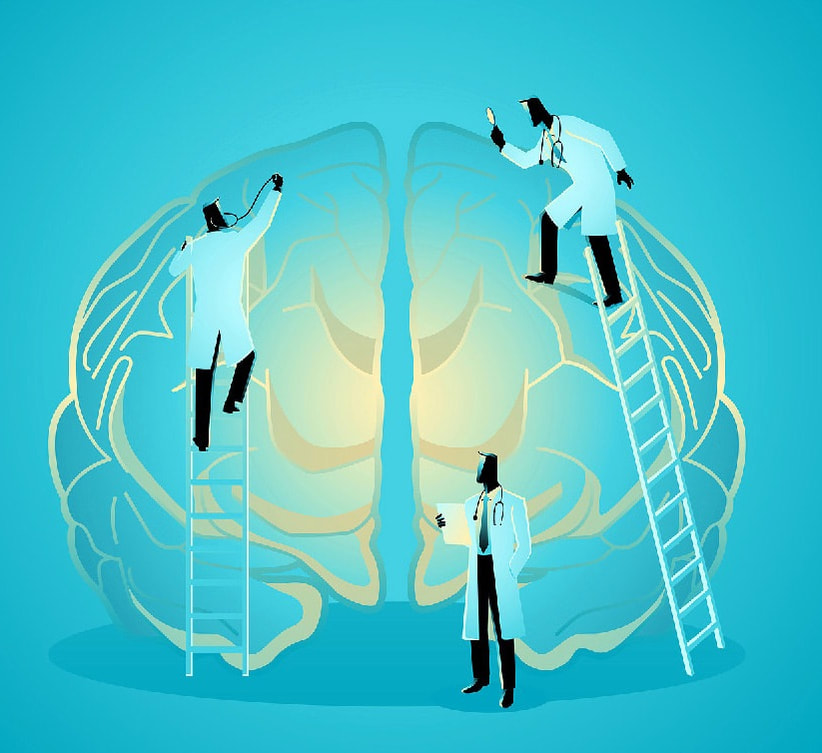

 RSS Feed
RSS Feed